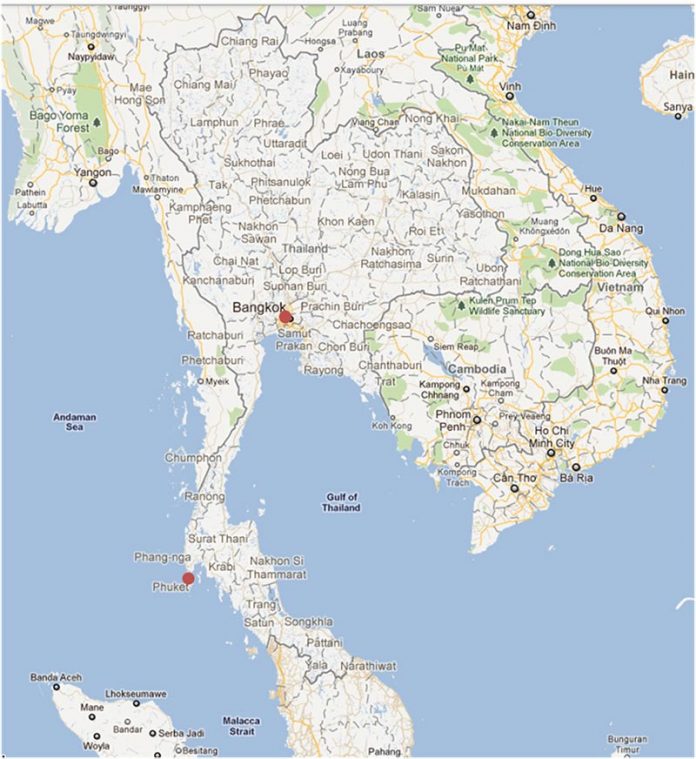The military-installed government recently prepared to add two assets-based taxes to the inheritance tax it introduced early in 2016.
Called the land and buildings tax and land windfall tax, the pair are designed to further widen government sources of income from assets, especially assets which are deemed to be unused (such as unimproved land). The government has stated its aim is to reduce income disparity.
For most of the Thai population the raft of new taxes will not have any direct impact. The inheritance tax, for example, only becomes an issue on estates worth 100 million baht or more.
The proposed land and buildings tax will certainly have a potential impact on more people, yet the starting point will still be at a relatively high 50 million baht. The tax will be levied on first-home owners and farmland valued at 50 million baht or greater. The tax rate will be just 0.05 percent for first homes and agricultural land valued at between 50 and 100 million baht. The rate will rise to 0.1 percent for homes valued over 100 million baht.
For people who have second homes, the tax will be appraised at between 0.03 and 0.1 percent based on the appraisal price.
Vacant land will also be targeted. The taxes on vacant land will rise by 0.5 percent every three years to a maximum of five percent. Land zoned for commercial or industrial use will be levied at between 0.3 and 1.5 percent. The tax is expected to come into force in 2018.
The proposed land windfall tax is aimed at capturing a slice of the inflated value of properties which happen to be located nearby major infrastructure projects. A rate of five percent is currently being mooted; this is a level which has been in place in many countries.
To be fair, the government has said the land windfall tax will not be levied on properties located close to any infrastructure projects which were launched before the tax takes effect.
It’s no surprise that the taxes have been questioned by property developers, landlords and wealthy individuals, many of whom are claiming the new imposts are a form of double taxation.
Most suggested that when it comes to selling any land, the taxes imposed will simply be added to the sale price. As well, a research associate director at Colliers International Thailand was quoted as saying that it might be difficult to use transacted prices to calculate income tax because landlords and buyers rarely report the actual selling price of a property.
Colliers suggested if the government were to use values which were publicly quoted from previous transactions the tax will be seen as unfair because land values vary by shape, size, access and other factors.
The director-general of the Fiscal Policy Office (FPO) was quoted as insisting there will be no double taxation once the new taxes are introduced.










